Description
An incredibly special coffee from a special place. Bali is different, in a good way. It cannot get any more beautiful, with perfect weather creating the perfect growing conditions for almost any plant. Everything is so lush and green year round. Three volcanoes nestled in the middle of this fairly small island, are at a perfect altitude for coffee, a bit more acidic soil as well which coffee tends to love. Produced by people who live harmoniously with the land. An incredible sight to see and a real treat to drink. This is the wet-hulled version. Traditional Indonesian processing which leaves a thicker generally lower acidity more stout like cup of coffee.
Coming from family owned farms located in the Kintamani highlands on the island province of Bali, Indonesia. Coffee is grown in the volcanic soils of Mount Agung along with citrus trees that provide shade and another source of income. Coffee production is typically organized around a Subak Abian, which refers to the ecologically sustainable irrigation systems developed more than 1,000 years ago by Hindu priest who practice Tri Hita Karana (the three sources of prosperity), a philosophy focused on the harmonization between the environment, humans and God.
Tasting Notes:
A very rich, strong and smooth cup. A cousin to Sumatra or Sulawesi coffee; Blue Moon always is a bit smoother without as much peaty earthiness, or swampy fruit. A sweeter cup for an Indo with malt, chocolate with a little traditional earthy terroir of the wet-hulled Indonesians. Fuller bodied, a little hint of acidity at a medium roast, a definite go to for our strong-medium or dark roasts here at Burman Coffee. Pulls some molasses undertones as ones pushes into second crack roasts. Hints of slight smoky tone at darker roast.
Roasting Notes:
I like to take this one to a full city. A strong medium-roast. It is very versatile and will hold almost any roast except light. Usually I drink this Bali just a touch lighter than I take Sumatra coffees. A little sheen on the surface of the beans, to a spot of wet looking oil, usually good to go! This coffee being wet-hulled will roast a bit uneven, very normal for it. Low chaff.
Bali Blue Moon is a staple named after the hallmark bluish hue of the bean produced from the wet-hulling process called Giling Basah in the Indonesian language. The bulk of Bali’s coffee production comes from small family-owned farms where each producer uses a few acres to cultivate coffee along with citrus trees in the volcanic soils of Mount Agung’s Kintamani highlands. They carefully sort their harvested cherries before depulping and fermenting overnight with their own micro-mills. Then the coffee is washed and laid out on patios to shed the excess water from the coffee parchment. Next the coffee takes a detour from the conventional path of processing in other origins, wherein, the coffee parchment is removed while the coffee still has a high moisture content. This wet-hulling process or Giling Basah leaves the coffee bean exposed while drying on patios to a moisture percentage acceptable for export and gives the beans their distinct bluish color.
Balinese producers continue to maintain a traditional rural lifestyle organized around a Subak Abian, which is a reference to the ecologically sustainable irrigation systems developed more than 1,000 years ago by Hindu priests who practice Tri Hita Karana (the three sources of prosperity), a philosophy focused on the harmonization between the environment, humans and God. These traditions are followed in coffee cultivation, which means pesticides and synthetic fertilizers are never used.
In recent years, local producer groups have begun to partner with regional exporters like Indokom to establish organic and Rainforest Alliance certifications, which harmonize with their traditional principles of conserving forest, soil, and water resources. Indokom also collaborates with producers to overcoming logistical challenges like rugged roads and lack of infrastructure. Indokom provides logistics and milling facilities, which improves traceability and quality control throughout the post-harvest process, as well as, the ability to swiftly bring the coffee to the international market, ensuring greater producer earnings from direct trade relationships.
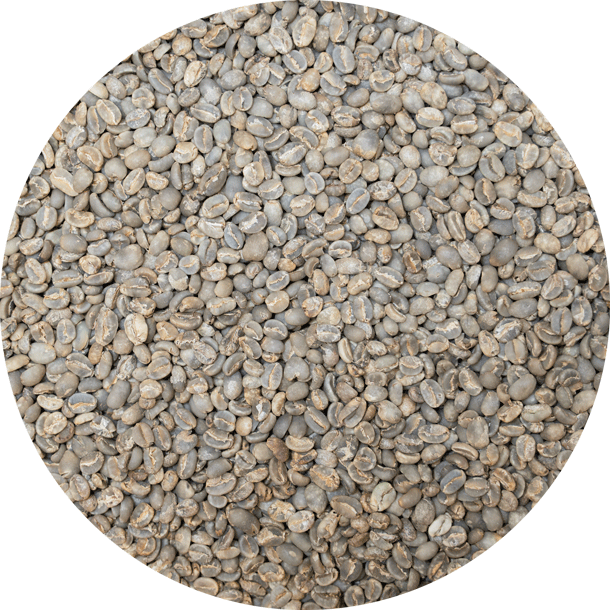
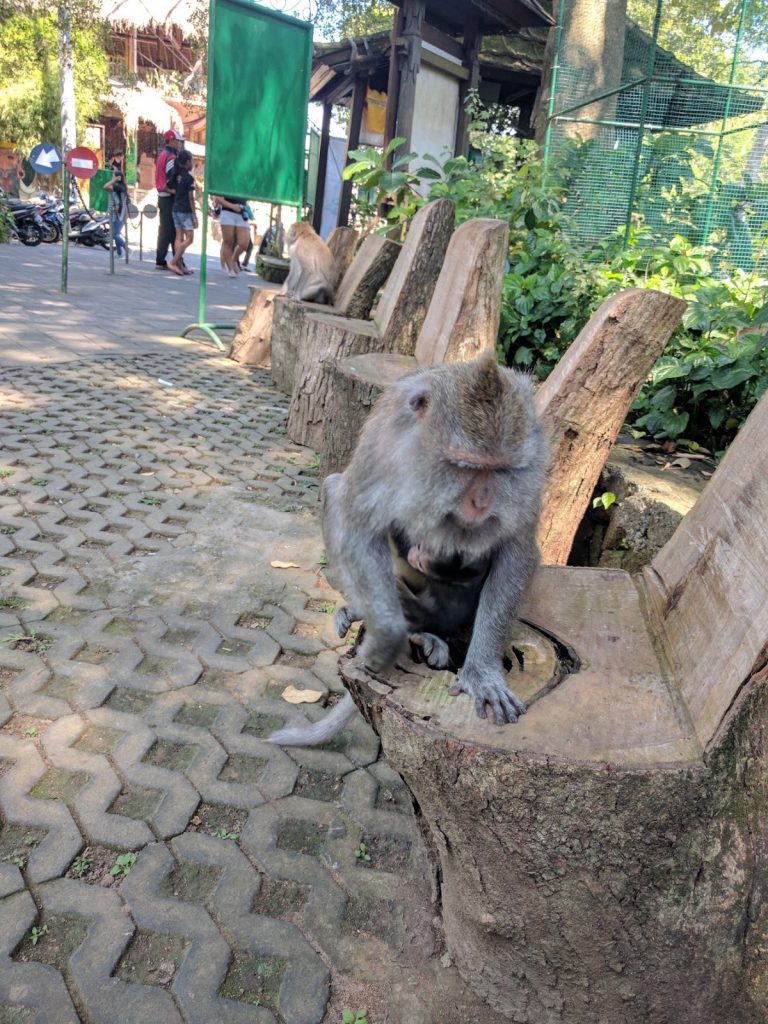
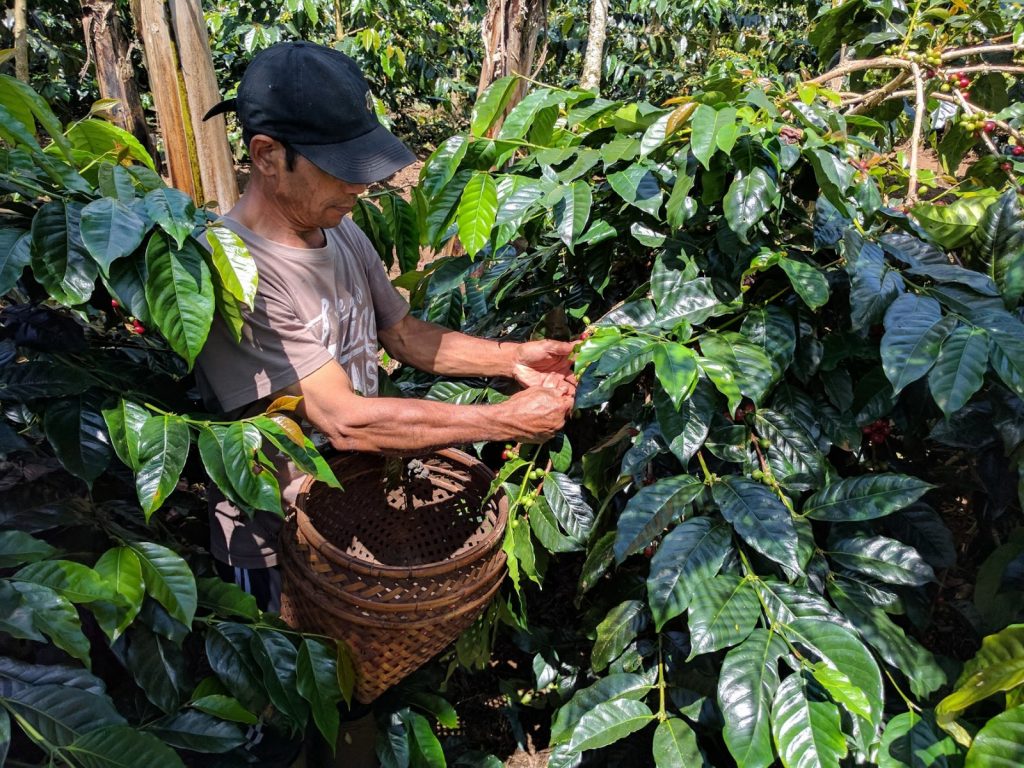
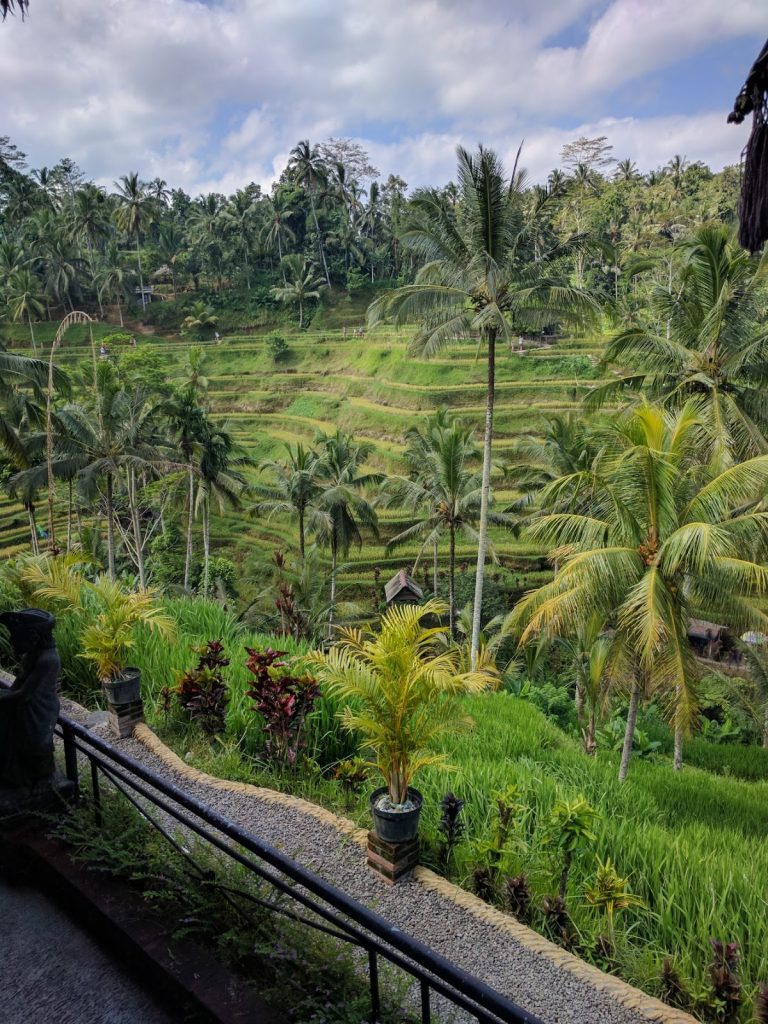
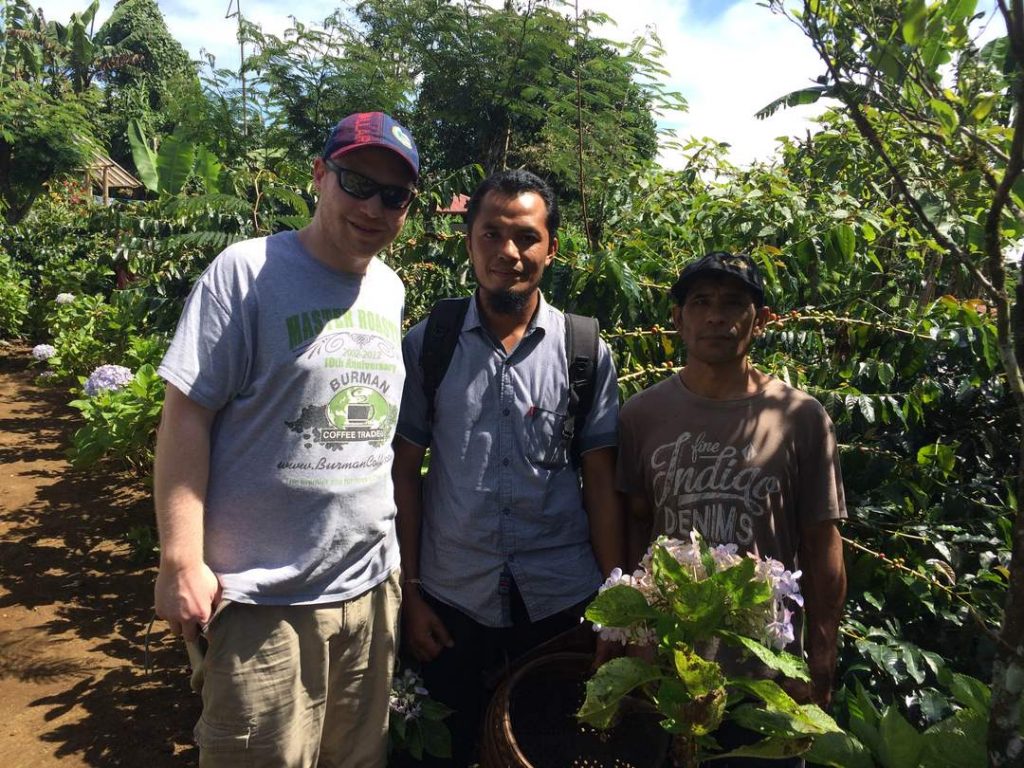
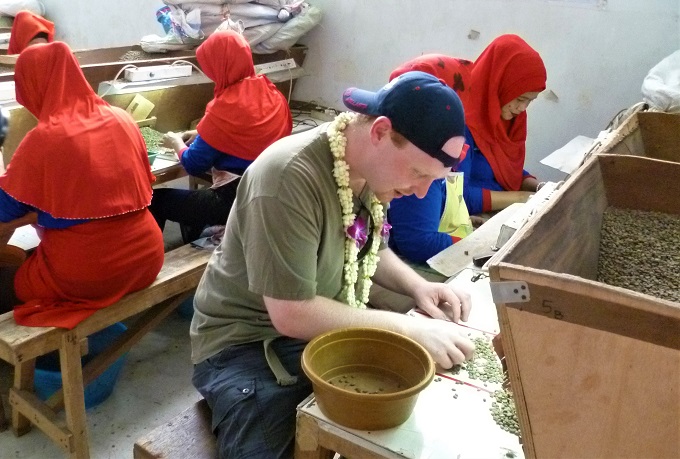
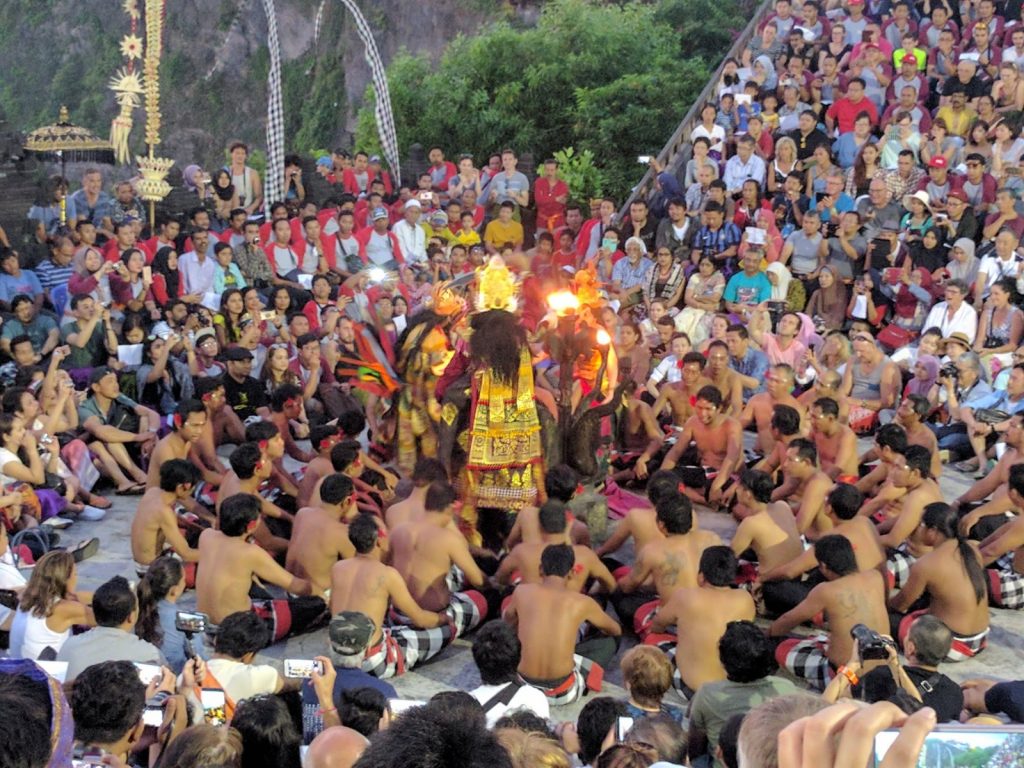
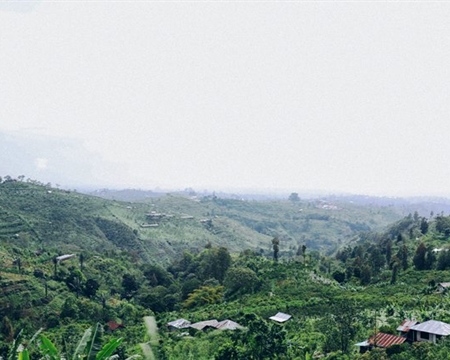
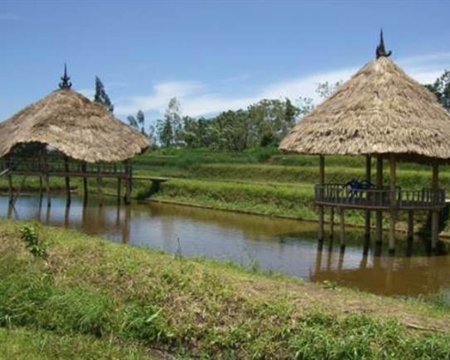
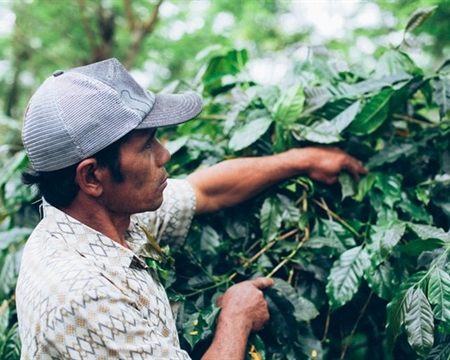
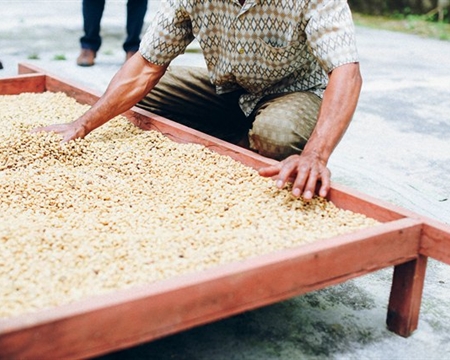
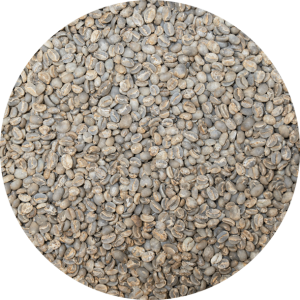
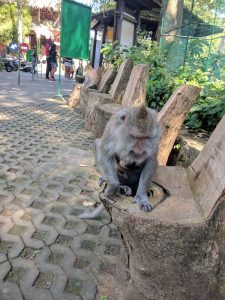
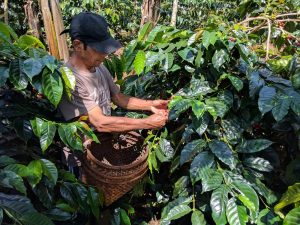
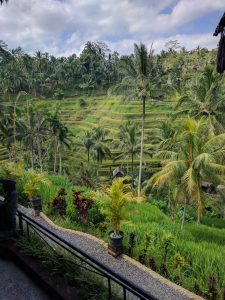
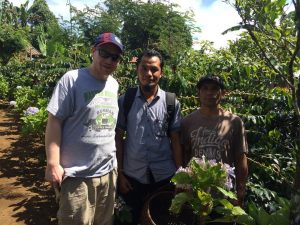
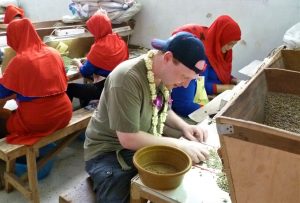
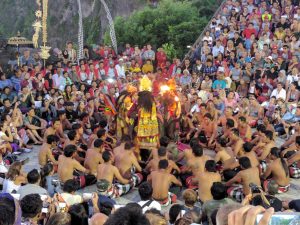
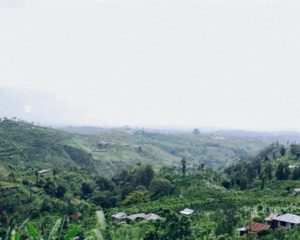
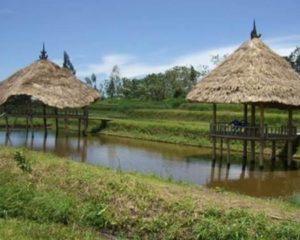
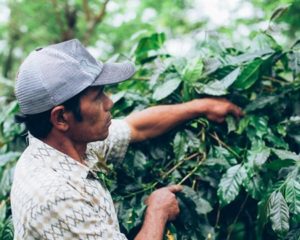
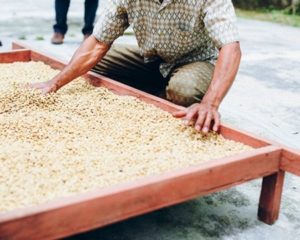
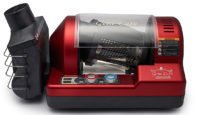
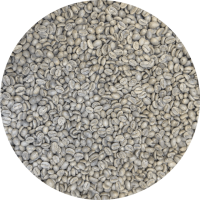
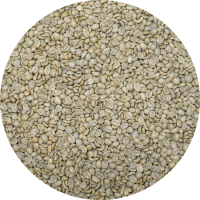
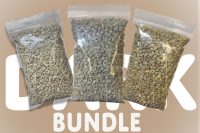

Crissy in BK (verified owner) –
Wow. Brilliant chocolatey, complex flavor. Rather easy to roast. I impressed myself with this one. On the roaster I started with a mid-high power level, full fan, then slightly rolled back the power level midway through the roast and cooled just between medium and dark. Some beans had a pleasant tan and brown marbled effect. I have been roasting about a year now and this gave my first roasting love, Yirgacheffe, a real run for its money. Wonderful cup, enjoyed black. 🙂
Michael Roman –
Stopped roasting early into the second crack, beware, this beans can take a lot of heat, and the result is a dark chocolate, very muddy cup. Not a lot of chaff with this coffee, yet the beans are roasting weirdly uneven. I am not tasting any molasses, but the dark chocolate flavor is overwhelming (if you love dark chocolate, this is your coffee, for sure!!!)
Tami C (verified owner) –
This one is a show stopper. I started roasting on a GeneCafe 5 years ago and for 2.5 years have roasted on a Bellwether S2 Electric Commercial Roaster. The Bali Blue Moon was one of the very first I roasted and it is well loved in our community near and far. It is a beautiful medium roast that is super flavorful and has very low acidity. Many asks for this one in wholesale bulk but I sell it strictly retail at a higher price as it has high demand. Love it.
John S (verified owner) –
This is our go-to coffee. Love the dark chocolate and smoothness. We roast about 25 seconds into second crack and have never missed perfection. Easy to roast. Consistent and flavorful. In fact just picked up 10 lbs because we have company here for a week and they love my coffee!!! Thanks to Jon and crew at Burmans!!!
MAMurphy (verified owner) –
Stopped at first crackle of second crack; typical uneven Indo roast, light brown to dark beans, no oil sheen noticed. Sip, hint of malt with some earthiness. No sweetness but no real bitterness, slightly dry without noticeable, -to me-, acidity. Medium to full bodied. I like the earthiness in this and miss that “wild” characteristic of earlier generations of New Guinea coffee. Overall a good bean. 86 out of 100
UrDad (verified owner) –
When you pour this coffee, just the color alone is spectacular. The taste lives up to the color,Indonesian coffee has that special flavor profile. This is one of those. Oh friends are coming over and you want to impress them with Bali Blue, or make them something else, cause I’m savin’ this for me.
SLmanDR (verified owner) –
I wonder if it’s possible to pin an altitude where this is grown and assign a soft / hard bean character. I want to estimate the heating profile. Kintamani growing areas look to be around 4000 feet, but the farms are difficult to specifically locate. I’ll start with slow heat up P4 and go from there. Smells wonderful green. Using the Behmor 1600+.
Jon Burman –
Hard to pin in an exact altitude for aggregate production coffees. Bali Blue Moon and Kintamani Natural are produced by 40+ family oriented farms, some at higher altitudes, some at lower. All above 3900 feet though, so would be considered a harder bean, some coffee production goes up to 6000+, so depends on the comparison. With the wet-hulled processing though, it can act a bit more like a soft bean depending on the roaster, can take a bit and higher than normal heat to hit first crack, but then fly towards second crack very quickly.
John G Turner (verified owner) –
I could tell this coffee was special when I started to roast it. The aroma during roast was enough for me to make a pot of coffee.
Exactly as described. Very little chaffe.
I roasted to just after 2nd crack. Let it sit a day. What a wonderful cup. Easily one of my favorites.
stromchan (verified owner) –
We did a medium light roast. We got strawberry yogurt and dark chocolate. I don’t know what “swamp fruit” means, but I think strawberry yogurt described our roast better. It also had a lot of woodiness which was a little off-putting. Our batch had more floaters than I’ve seen in any other coffee. All in all, a super interesting cup of coffee.
JB (verified owner) –
As others have pointed out, expect a slightly uneven roast. Roasted several batches (Fresh Roast SR800). Most were Full City+ and pleased with those but on my last batch I stopped just after 1C, so City+ (13.6%). Earthy/woodsy flavor, which is not my preference, so I’d recommend at least Full City for this bean. YMMV.